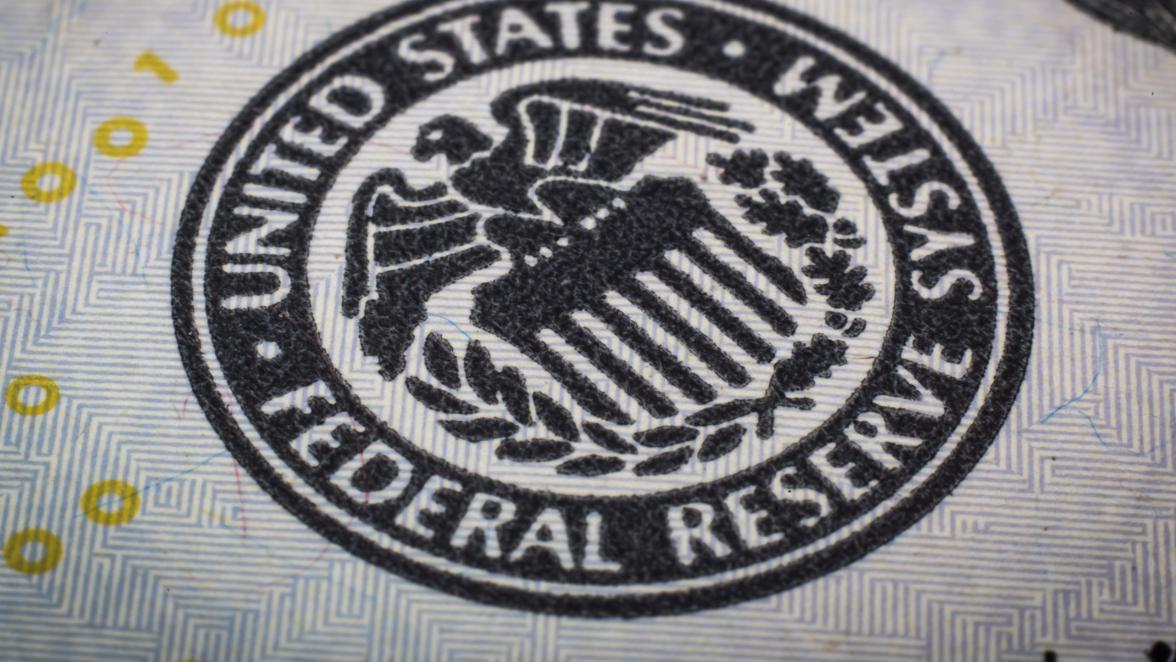As a child of the 70s, I have come to embrace a few, eternal truths: disco should have never died; big collars were a good idea, and the Fonz was the coolest guy who ever lived. Speaking of the Fonz, I am reminded of a Happy Days episode featuring Spike, the Fonz’s nephew, and how that episode and Spike can help us all better understand monetary policy today. Seriously.
The particular episode had Richie and his pals running an overnight camp for kids in the Cunningham house, and boy did those kids cause a ruckus. They didn’t even care they were disturbing the Fonz, who was entertaining an acquaintance in his apartment above the Cunningham’s garage. So, since the kids weren’t afraid of, and wouldn’t listen to, the Fonz (THE FONZ!), he went and got someone they would be afraid of and would listen to, Spike! Now, Spike never laid a finger on the kids, he didn’t need to – his presence was the catalyst for those kids to settle down and behave themselves, which brings us to the Federal Reserve (Fed) and its efforts to aid the economy by improving market liquidity and borrowing conditions for US companies.
Think back to late-February through late-March, when fixed income markets dislocated, with bid/ask spreads unusually wide and most companies unable to issue bonds. Then, on March 23 the Fed announced it would purchase a wide range of debt instruments, including corporate bonds, beginning in early May. Well, even though the Fed was weeks away from putting capital to work, bond market behavior began to improve immediately, with spreads tightening and demand skyrocketing, enabling investment-grade companies to issue approximately $600 billion worth of bonds over the past seven weeks. Said differently, just the presence of the Fed and its threat – well, I guess we should say promise – of action was enough for fixed income markets to open up again, putting companies in a much better financial position to weather this unprecedented economic downturn. On a final note, binge-watching reruns of Happy Days, Welcome Back Kotter, The Mary Tyler Moore Show, and any number of awesome 1970’s sitcoms might not be the worst way for us to get through this coronavirus driven lockdown.
The views expressed are those of Brinker Capital and are not intended as investment advice or recommendation. For informational purposes only. Brinker Capital, Inc., a registered investment advisor.Tagged: Market perspectives, weekly wire, Tim Holland, Federal Reserve, COVID-19




























